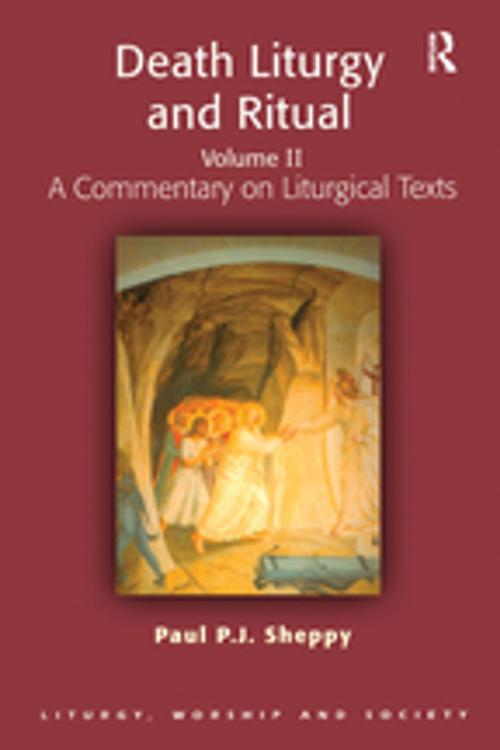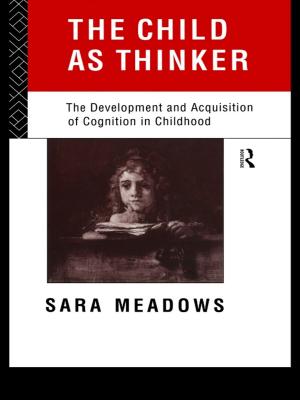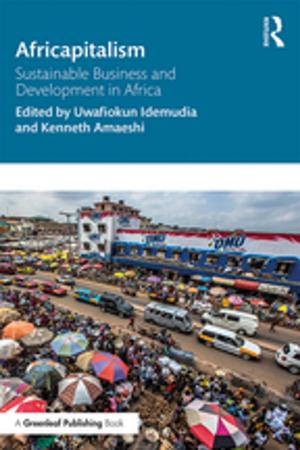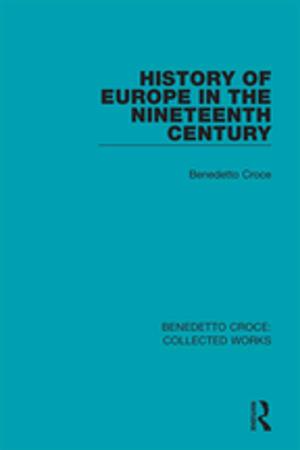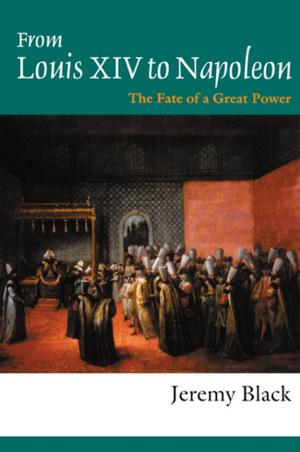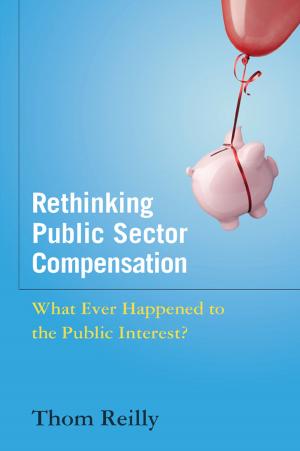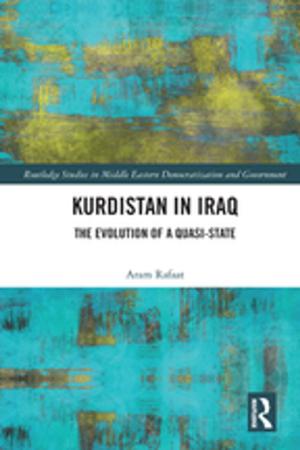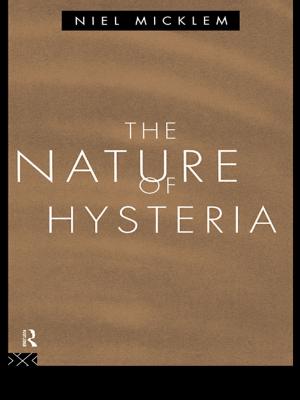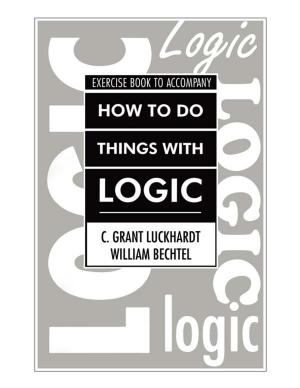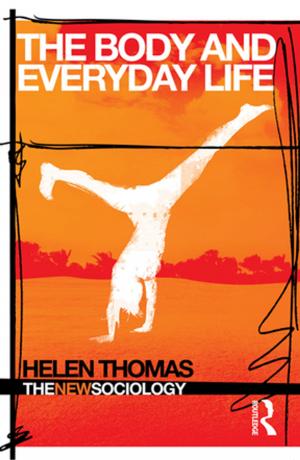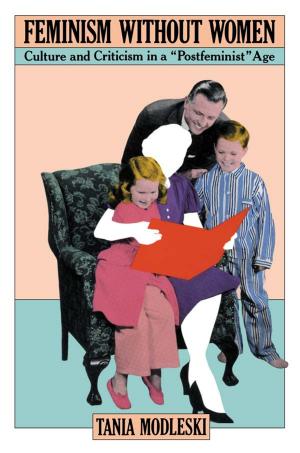Death Liturgy and Ritual
Volume II: A Commentary on Liturgical Texts
Nonfiction, Religion & Spirituality, Theology| Author: | Paul P.J. Sheppy | ISBN: | 9781351964784 |
| Publisher: | Taylor and Francis | Publication: | July 5, 2017 |
| Imprint: | Routledge | Language: | English |
| Author: | Paul P.J. Sheppy |
| ISBN: | 9781351964784 |
| Publisher: | Taylor and Francis |
| Publication: | July 5, 2017 |
| Imprint: | Routledge |
| Language: | English |
Death Liturgy and Ritual is a two-volume study of Christian funerary theology and practice, presenting an invaluable account of funeral rites and the central issues involved for compilers and users. Paul Sheppy writes from direct experience of conducting funerals and of drafting liturgical resources for others. In Volume II: A Commentary on Liturgical Texts, reviews a wide range of current Christian funeral rites and examines how they reflect both the Church's concern for the death and resurrection of Christ and the contemporary secular demand for funerals which celebrate the life of the deceased. The companion volume, Volume I: A Pastoral and Liturgical Theology, proposes that the Church ought to construct its theological agenda in dialogue with other fields of study. Sheppy argues for a Christian statement about death that finds its basis in the Paschal Mystery, since human death must be explained by reference to Jesus' death, descent to the dead, and resurrection. Using the three phases of van Gennep's theory of rites of passage, the author shows how the Easter triduum may be seen as normative for Christian liturgies of death.
Death Liturgy and Ritual is a two-volume study of Christian funerary theology and practice, presenting an invaluable account of funeral rites and the central issues involved for compilers and users. Paul Sheppy writes from direct experience of conducting funerals and of drafting liturgical resources for others. In Volume II: A Commentary on Liturgical Texts, reviews a wide range of current Christian funeral rites and examines how they reflect both the Church's concern for the death and resurrection of Christ and the contemporary secular demand for funerals which celebrate the life of the deceased. The companion volume, Volume I: A Pastoral and Liturgical Theology, proposes that the Church ought to construct its theological agenda in dialogue with other fields of study. Sheppy argues for a Christian statement about death that finds its basis in the Paschal Mystery, since human death must be explained by reference to Jesus' death, descent to the dead, and resurrection. Using the three phases of van Gennep's theory of rites of passage, the author shows how the Easter triduum may be seen as normative for Christian liturgies of death.
